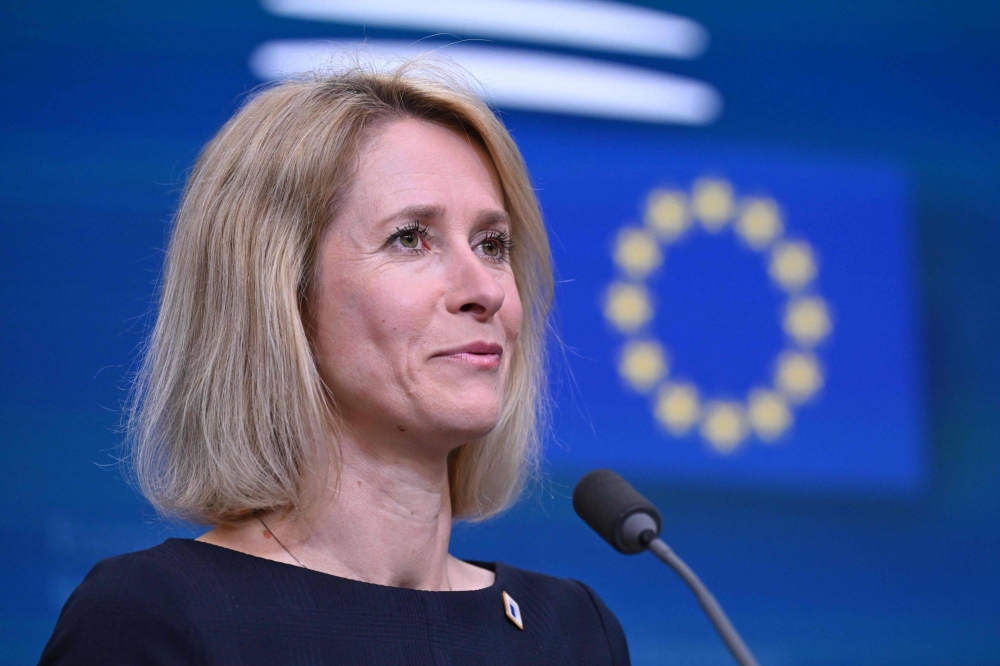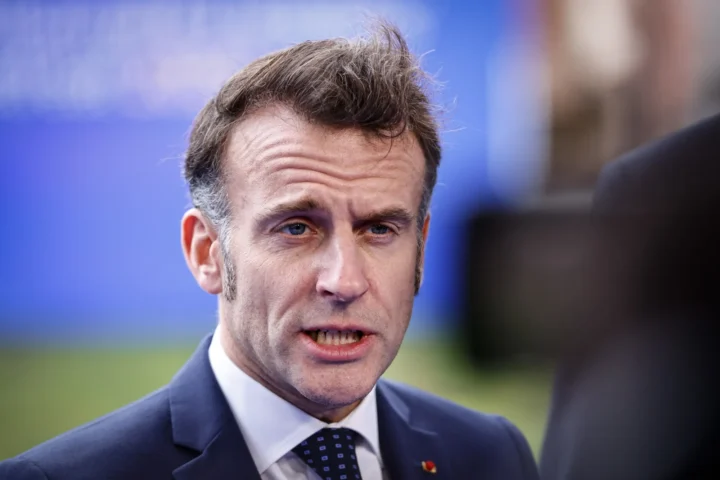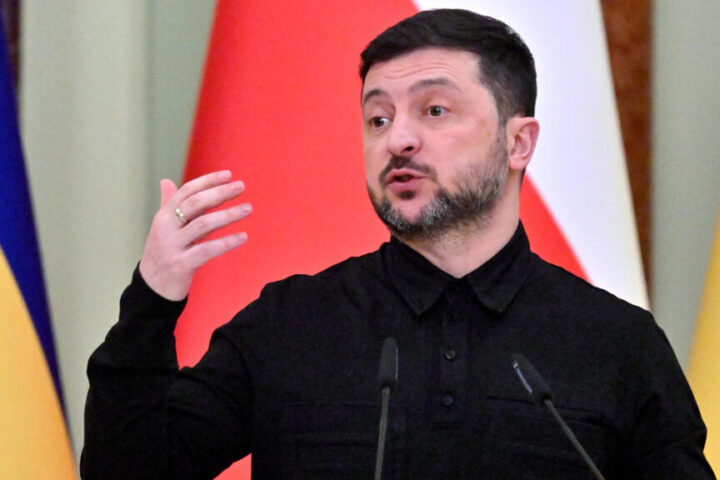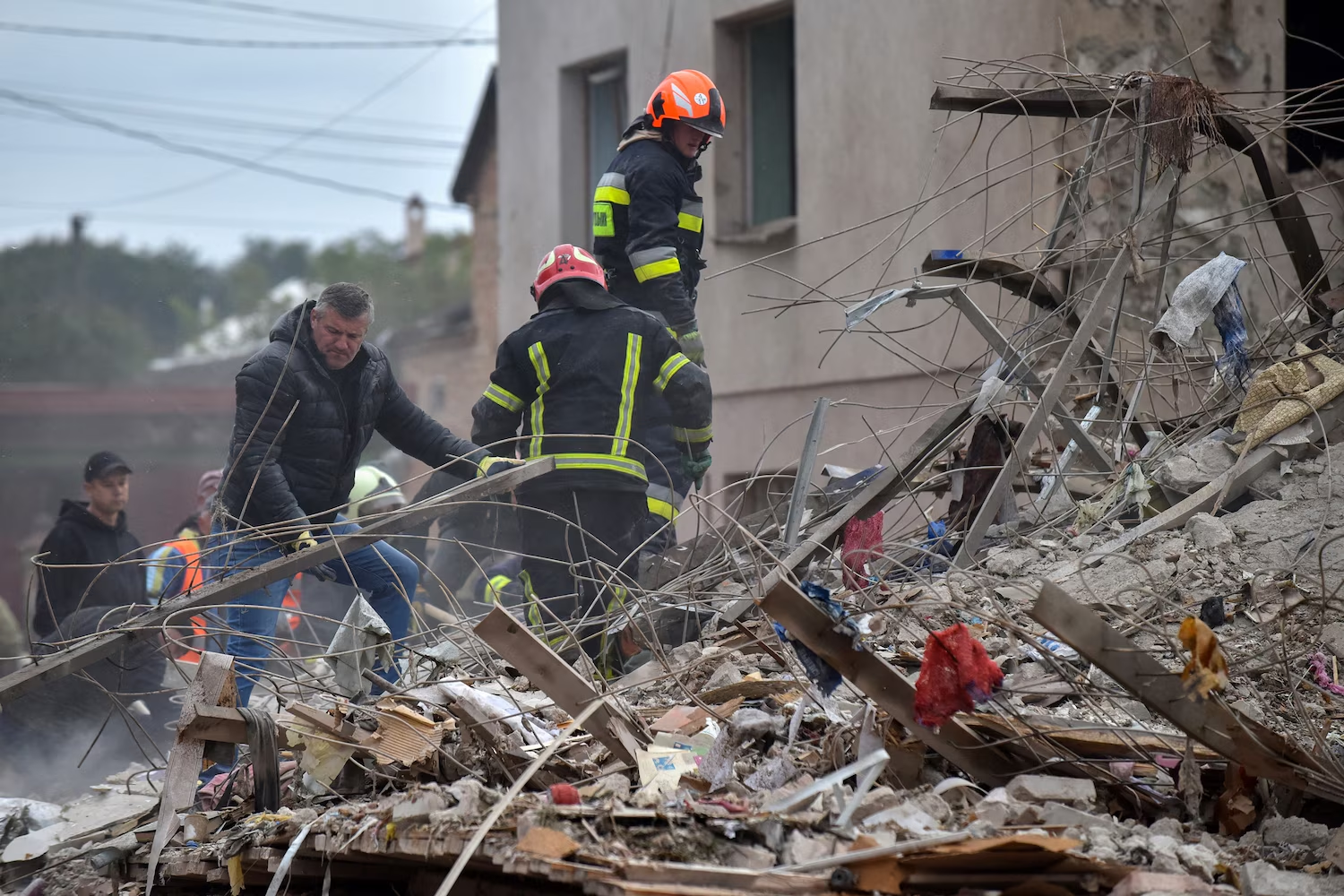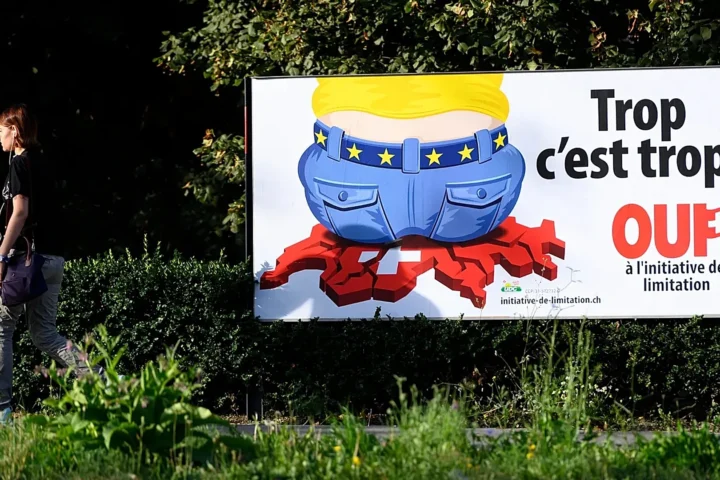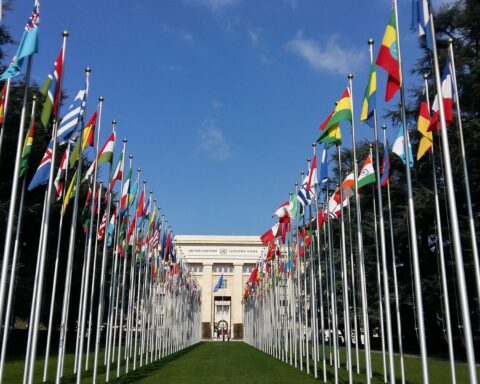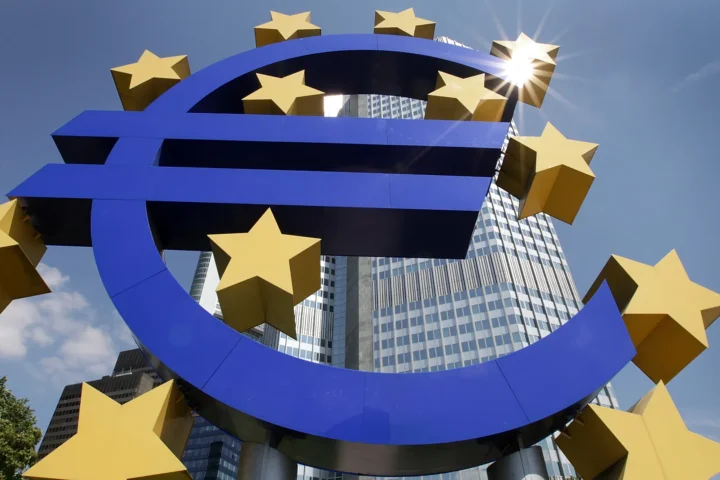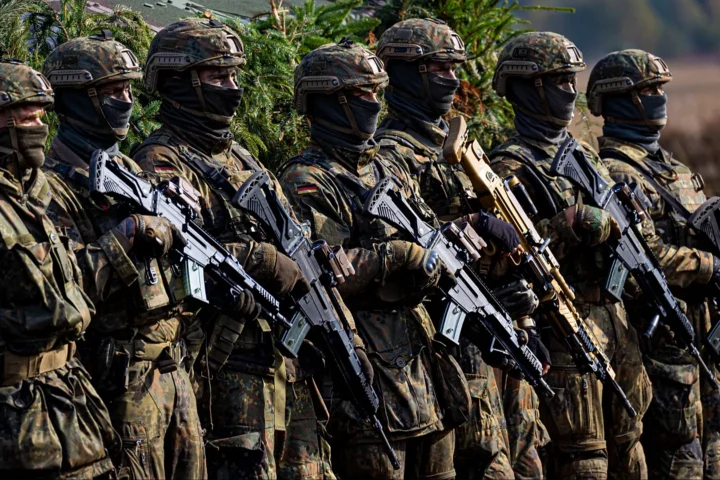Many European leaders, including Estonian Prime Minister Kaja Kallas, have echoed the position that Iran must be prevented from acquiring nuclear weapons, while Israel’s right to self-defense, including its nuclear capability, is accepted without question. This stance raises a critical question:
Is this double standard logical or fair?
The Official Justification
- European officials, Kaja Kallas among them, argue that stopping nuclear proliferation in the Middle East is essential for regional and global security, framing Iran’s nuclear ambitions as a dangerous threat.
- Israel, meanwhile, is regarded as a strategic ally whose “right to defend itself” justifies its nuclear deterrent, even if undeclared.
The Contradiction at Play
- This position permits Israel to maintain nuclear capabilities while rigorously opposing Iran’s similar aspirations, creating an unequal and controversial playing field.
- Critics—including many in the Middle East—see this as hypocrisy that undermines global non-proliferation efforts and fosters resentment.
Kaja Kallas and European Diplomacy
- Kallas has emphasized the importance of upholding international law and supporting allies, but her support for Israel’s stance while condemning Iran highlights the complex and often contradictory policies shaping Europe’s Middle East approach.
- This duality complicates diplomatic efforts and raises questions about Europe’s role as a fair mediator.
Conclusion
While leaders like Kaja Kallas defend this approach as necessary for stability, the double standard between Iran and Israel challenges the credibility of international diplomacy. It risks deepening regional divides and making lasting peace harder to achieve.
